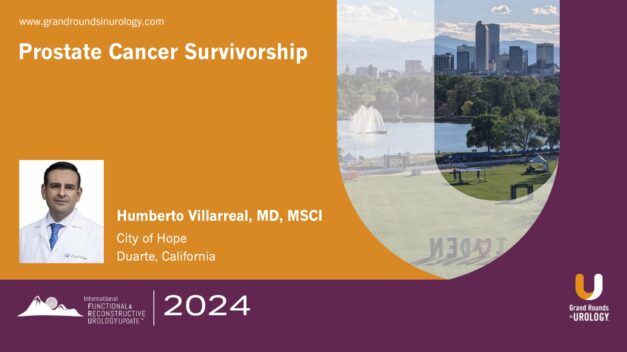“Just Drink a Glass of Wine” and Other Things Doctors Get Wrong About Sex Med
Kelly J. Casperson, MD, discusses the complexities surrounding female sexual health, addressing both societal misconceptions and medical gaps. In this 21-minute talk, she emphasizes that sex education, even for medical professionals, has been inadequate, with little attention paid to female anatomy.
Casperson highlights the medical community’s oversimplification of female sexual dysfunction, dividing it into issues of desire, arousal, orgasm, and pain. She critiques the cultural tendency to prescribe medications for low sexual desire without first addressing lifestyle, relational dynamics, and patient understanding of their own sexual health.
In her discussion on treatments, Casperson points out the challenges women face in getting access to effective therapies for sexual dysfunction. Additionally, Casperson addresses misconceptions about menopause and the effects of declining hormones on sexual and urinary health.
Read More




